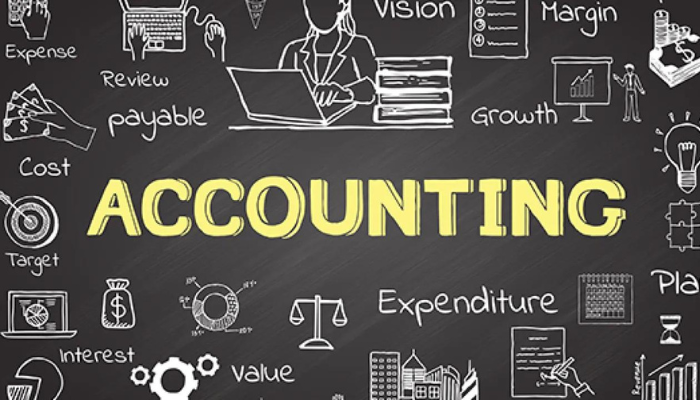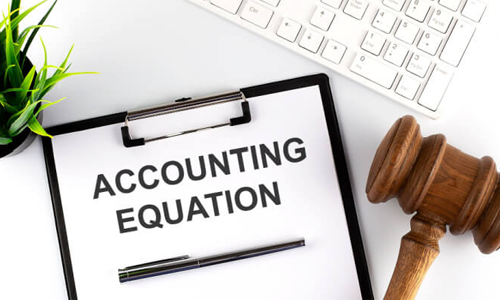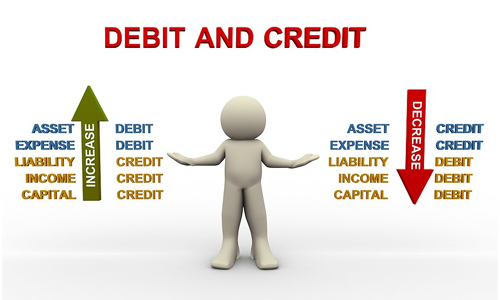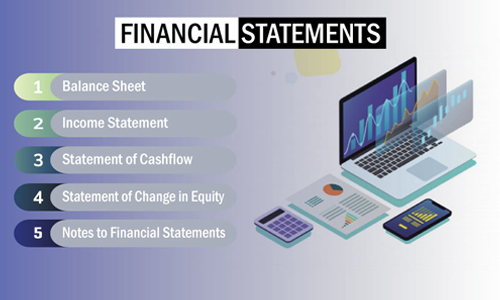The Basics of Accounting: A Beginner’s Guide

Accounting is the language of business. It's how businesses track their financial transactions and communicate their financial performance to stakeholders. If you're new to accounting, it can seem daunting at first. But don't worry, it's not as complicated as it seems.
In this blog post, we'll cover the basics of accounting, including:
- What is accounting?
- The accounting equation
- Debits and credits
- The different types of financial statements
By the end of this post, you'll have a basic understanding of accounting and how it works.
What is accounting?

Accounting is the process of recording, summarizing, and analyzing financial transactions. It's used to track the financial performance of a business, and to communicate that performance to stakeholders.
The accounting equation

The accounting equation is the foundation of accounting. It states that assets equal liabilities plus equity.
- Assets are the things a business owns, such as cash, inventory, and equipment.
- Liabilities are the debts a business owes, such as accounts payable and loans.
- Equity is the owner's investment in the business, plus the accumulated profits or losses.
Debits and credits

Debits and credits are the two sides of the accounting equation. Debits increase assets and liabilities, while credits increase equity.
- A debit is an entry on the left side of an account.
- A credit is an entry on the right side of an account.
The different types of financial statements

There are three main types of financial statements:
- The balance sheet
- The income statement
- The cash flow statement
The balance sheet shows the assets, liabilities, and equity of a business at a specific point in time.
The income statement shows the revenues, expenses, and profits of a business over a period of time.
The cash flow statement shows the cash inflows and outflows of a business over a period of time.
Conclusion
Accounting is a complex subject, but it's not impossible to understand. By understanding the basics of accounting, you'll be able to better understand the financial performance of a business.
If you're interested in learning more about accounting, there are many resources available online and in libraries. You can also take accounting courses at a local community college or university.
I hope this blog post has helped you understand the basics of accounting. If you have any questions, please feel free to leave a comment below.
